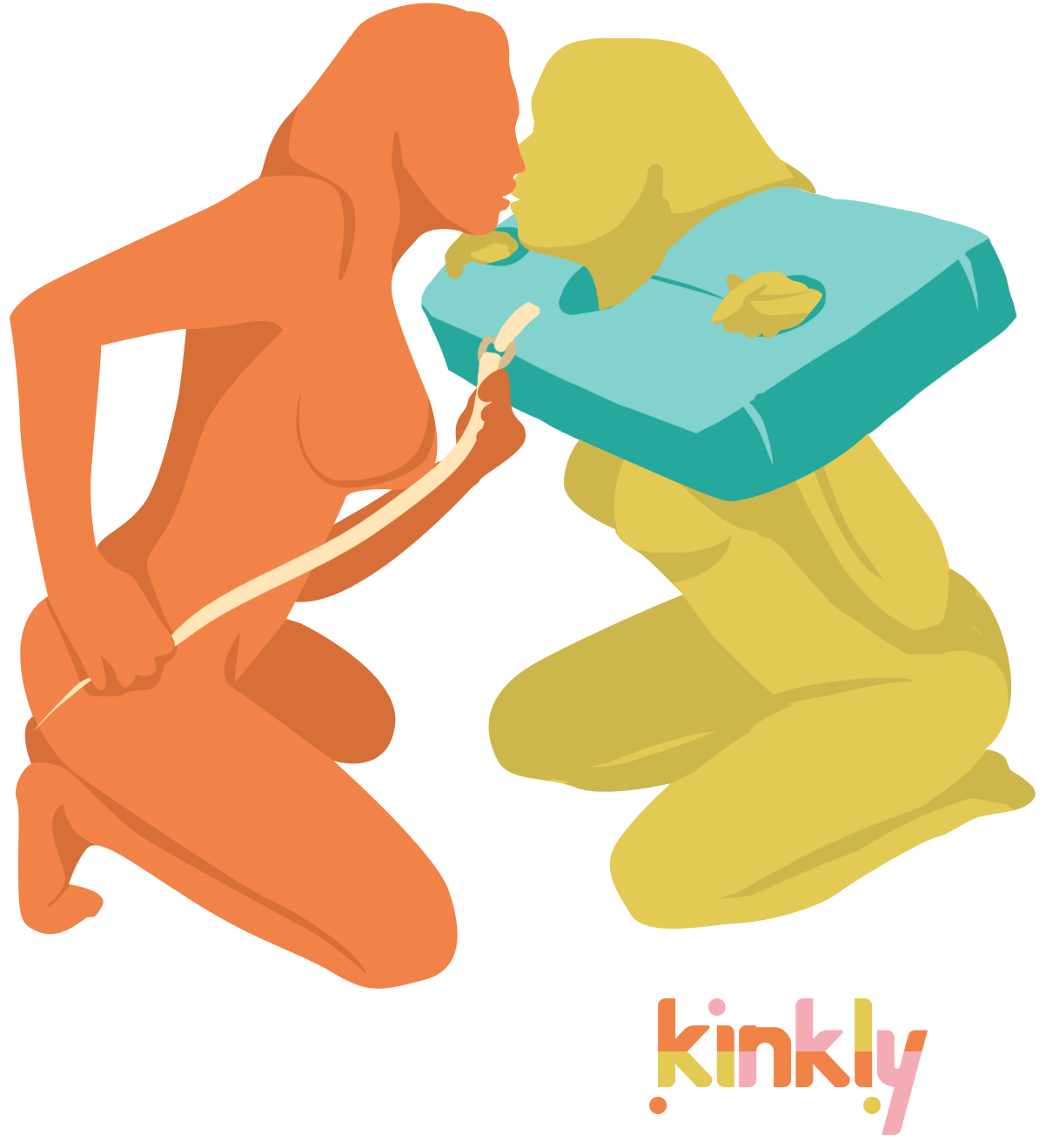Orgasms aren’t just fun to have; they’re fun to learn about. After all, they’ve prompted some of the most fascinating scientific questions: Why does the clitoris exist? Do certain conditions optimize sexual pleasure? What about animals — do they orgasm?
Fortunately, scientists have looked into these questions — and found answers. Here are some of the coolest things science teaches us about orgasms.
1. Animals Seem to Have Orgasms.
We can’t ask animals if they orgasm, obviously, but given their reactions to sexual stimulation, it seems pretty likely. “Male pauses and for about 10 seconds manifests muscular spasms with frowning round-mouthed look and rhythmic expiration vocalization,” reads a study on stumptail monkeys in the Archives of Sexual Behavior.
Interestingly, as with humans, the female monkeys were more likely to orgasm with other females.
All female mammals have clitorises, so it’s likely that they all orgasm. One study in the American Journal of Primatology recorded “rhythmic vaginal and anal contractions, hyperventilation, involuntary muscle tension, arm and leg spasms, grimacing, and uterine contractions” in non-human female primates. Another in Animal Behaviour documented orgasms during copulation in female macaques.
Another study in Socioaffective Neuroscience & Psychology found that both male and female rats exhibited physiological indications of orgasm like pelvic floor contractions.
It makes sense: animals don’t consciously decide to start a family; they need motivation to reproduce just like we do.
2. Feminism is Good For Our Orgasms.
I probably didn’t need to tell you this, but sexism can be a major pleasure-killer. Women whose partners are more selfish and dominant have fewer orgasms, according to a study in the Archives of Sexual Behavior. But it wasn’t just women’s partners that affected their orgasm rate: Women themselves had fewer orgasms if they believed men were naturally dominant. (Read What Does a Real Dominant Look Like?)
Feminism has long been working toward cliteracy and orgasm equality, so if you want someone who cares about your pleasure, partnering up with a feminist is your best bet.
Another scientifically proven orgasm enhancer? If your partner is funny.
3. Orgasms May Affect Your Chances of Getting Pregnant — But Not That Much.
There’s a lot of debate about why the female orgasm evolved. One theory says that it actually serves to suck sperm up toward the womb, where it can fertilize an egg.
To test this theory, a study in Socioaffective Neuroscience & Psychology had women put a sperm-like substance into their vaginas and then masturbate. Those who orgasmed retained 4.1 mL of the fluid, while those who didn’t kept 3.3 mL. This suggests that orgasm could indeed promote pregnancy.
However, the difference was small, and other research has found no correlation between how often women orgasm during intercourse and how many children they have. So, others think the female orgasm is more likely an evolutionary byproduct of the male orgasm or serves another purpose, like toning the pelvic floor, selecting for attentive partners, or simply promoting interest in sex. Others still believe it exists because we evolved from mammals that needed to orgasm to ovulate.
4. Orgasms May Change Your Perception of Pain.
If you’ve had an orgasm, you’ve probably noticed that for that brief moment, you don’t have a care in the world. You might have even noticed that you can tolerate more intense touch when you experience sexual pleasure.
Now, there’s science to back this up. For a Rutgers University study, women masturbated and had their partners stimulate them in fMRI machines. They found an activation of the dorsal raphe nucleus, which releases serotonin, an analgesic neurotransmitter.
This could explain why women in another study were less likely to notice their fingers being squeezed during masturbation. (Read Masturbation: How Much Is Too Much?)
They also saw an increase in activity in brain regions involved in movement, sensory perception, memory and emotions — but they didn’t see the brain “switch off” like other researchers have claimed.
5. Orgasms Are Great For Your Health.
If you need an excuse to have more orgasms (which you shouldn’t), look no further than the health benefits. Orgasms can provide stress relief, help you sleep, improve your heart health, reduce headaches, fight off the flu and cold, and possibly even improve your partner’s mood.
So, what are you waiting for? Go ahead and whip out your favorite vibrator (or partner). (Read How to Use a Vibrator.)
Your body will thank you for it.

Suzannah Weiss is a feminist writer, certified sex educator, and sex/love coach. Her work has appeared in The New York Times, The Washington Post, and more.
















